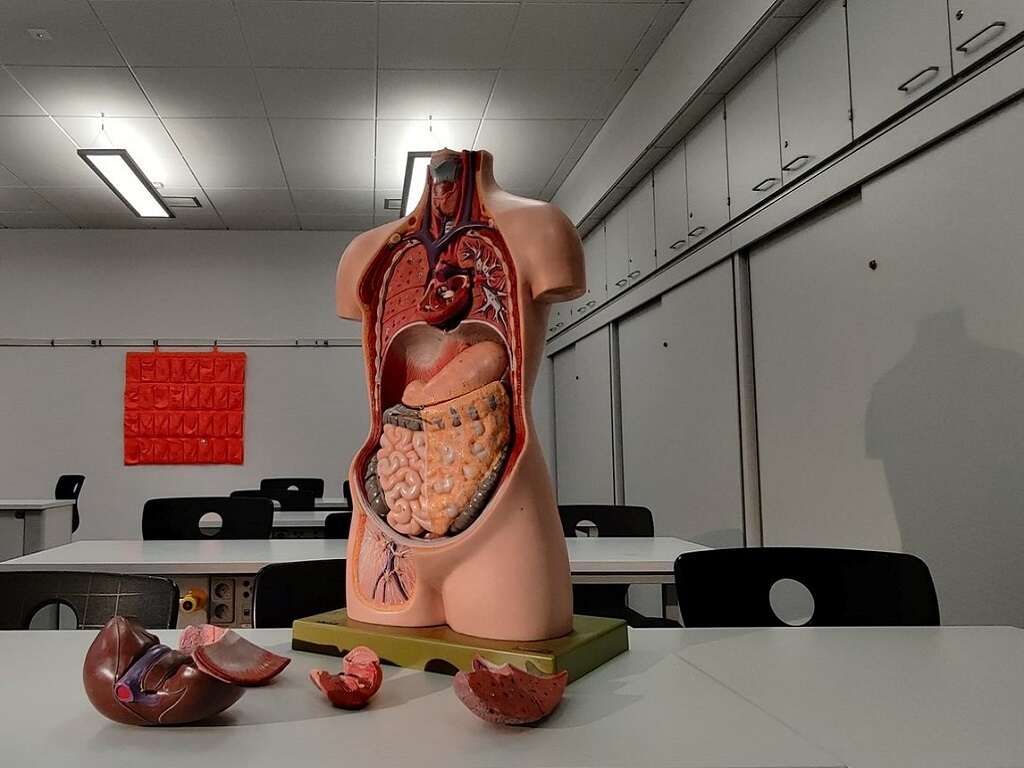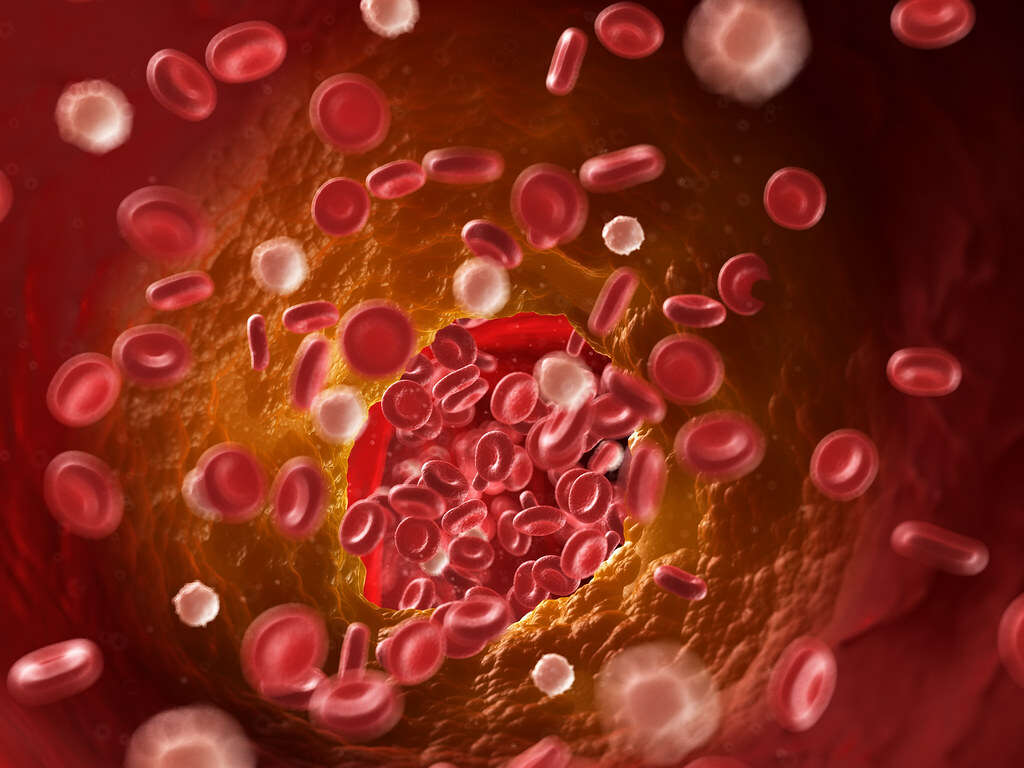What Is Hypercapnia?
3. Physiologic Compensation
In normal cases, the metabolism of the carbohydrates and fats in the body results in a large amount of carbon dioxide. This then combines with water to become carbonic acid. This can be excreted via the lungs and accumulation does not usually occur. When hypercapnia occurs and is not corrected, it results in respiratory acidosis.
The body then tries to compensate in 2 steps. Cellular buffering first begins to increase plasma bicarbonate values. After 3 to 5 days, the kidneys compensate by excreting carbonic acid and increasing bicarbonate reabsorption. Respiratory acidosis does not usually greatly affect the serum electrolyte levels. However, small changes can be seen in potassium and calcium levels.
Advertisement












